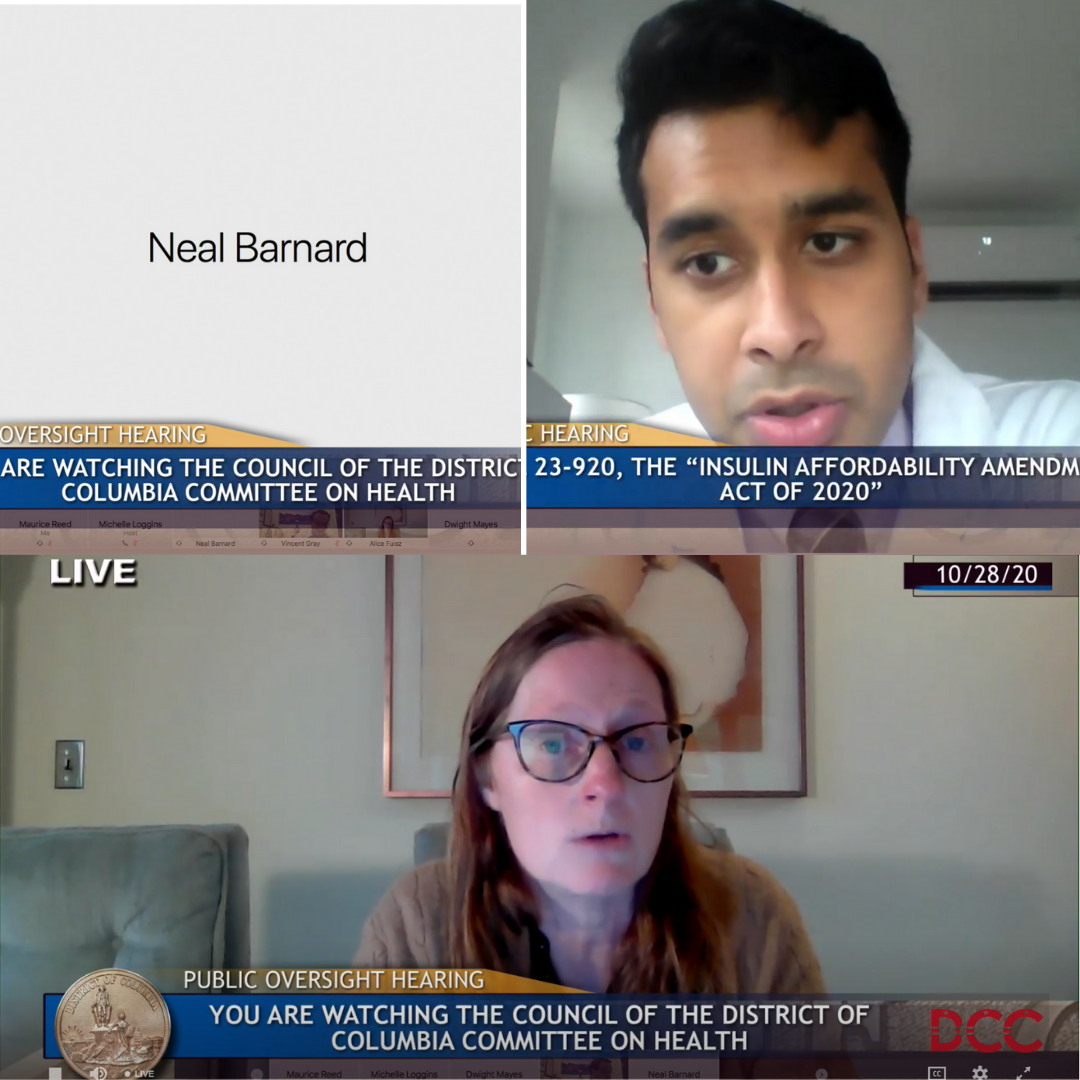Health Equity
Medicaid Enrollment Touches 39% of the Residents of The District of Columbia; DC’s 70/30 FMAP is Vital for the Maintenance of Health & Human Services
A reduction in the District’s FMAP would not lead to long-term government savings and would have a ripple effect throughout the entire health system in the DMV, crippling access to care for not only Medicaid beneficiaries but also all those who live, work, and visit the District of Columbia, including members of Congress and their staffs.
.png?sfvrsn=9ac2d21b_0)
Why does DC receive an Enhanced FMAP Rate?
The DC FMAP rate of 70% established by the Revitalization Act resulted from bipartisan analysis, discussion, and negotiation by Congressional leadership aiming to balance fairness with the District’s restricted ability to generate revenue. Congress recognized that the District of Columbia faces unique financial challenges due to its non-state status and the significant amount of federally-owned land within its boundaries. The District is unable to tax non-residents’ earnings, so these workers pay no taxes to support the infrastructure and services, such as roads, public safety and emergency services that they benefit from in the District. The District is also unable to tax up to 40% of the real property within its borders due to statutory restrictions.
Why are we concerned about DC's FMAP now?
Members of Congress have proposed reducing the DC FMAP to the statutory minimum for all other states, which is currently 50% (but could be reduced even more). Such a change would impact every physician and every practice, regardless of type, location, and payers contracted. Even practices who take no insurance will not be able to send patients for specialist care, hospital admissions, or other types of care.
What can MSDC members do?
- If you know a member of Congress or staffer, reach out to them and share how DC cuts will hurt your patients.
- Share your relationships and outreach with hay@msdc.org so we can help coordinate advocacy efforts.
- Email hay@msdc.org if you would like to be paired with a physician member of Congress office and trained by MSDC staff on how to reach out.
Resources
- DC FMAP cut fact sheet
- California Medical Association fact sheet on Medicaid cuts
- MSDC and healthcare association letter to Congress arguing against DC FMAP changes.
- MSDC original story on Medicaid changes.
News, Statements, and Testimony on Health Equity Issues
MSDC Members Testify on COVID Response and Insulin Bill

On Wednesday, three MSDC members testified at two different Committee on Health hearings. This continues a year when physicians of all types spoke out regularly before the District government on myriad public health and policy issues.
The first hearing was on the District's response to the COVID-19 public health emergency, with a focus on the DC Health, Deputy Mayor for Health and Human Services, and DC Health Care Finance areas. Testifying first was MSDC Board member Neal Barnard, MD. Dr. Barnard focused on the need for education and public messaging on lifestyle and underlying health conditions. Common medical ailments can compound complications to COVID-19 in many cases.
"The virus is here," Barnard said. "Diabetes, hypertension, and obesity make it a killer. We cannot simply leave our population vulnerable."
Also testifying was former MSDC Board member and ACP-DC governor Alice Fuisz, MD. Dr. Fuisz provided perspective on the ongoing challenges faced by private, small, and independent practices. While patient volume is slowly returning to pre-pandemic levels, many practices (including hers) are struggling with the financial burdens of keeping a practice open and operating. Many practices are relying on televisits to see patients who will not or cannot come into a physical visit, and Fuisz noted that reimbursement parity makes these visits viable. Once that parity disappears, many practices will face financial shortfalls. New office cleaning requirements, PPE needs, and staffing needs also contribute to higher costs. Fuisz urged the Council to consider types of grants or incentives to keep practices afloat and patients out of hospitals.
The second hearing featured testimony from Dr. Sahil Angelo from MedStar Health. He relayed his experience working with patients with diabetes for B23-920, the Insulin Affordability Amendment Act. The bill would cap the price of insulin for patients. Dr. Angelo spoke about his patients who struggled to afford insulin, a drug with a rapidly increasing price tag. He shared DC Health statistics on the large number of people who self-report issues affording insulin and its impact on public health.
If you want to be involved in MSDC's advocacy efforts or testify before the Council on an issue, contact Robert Hay Jr. at hay[at]msdc.org or

Leave a comment